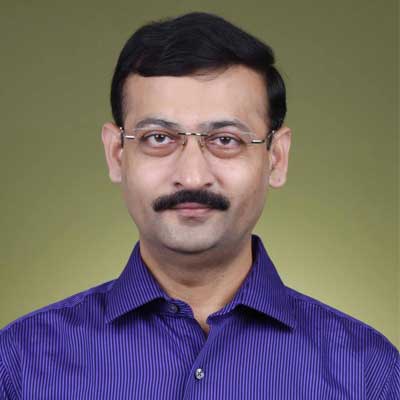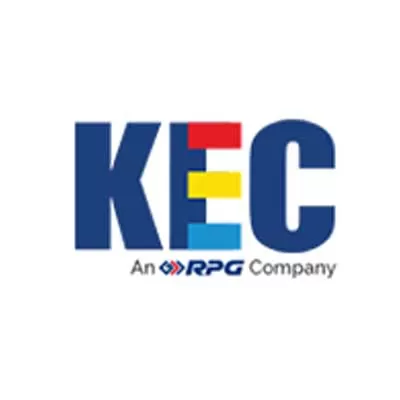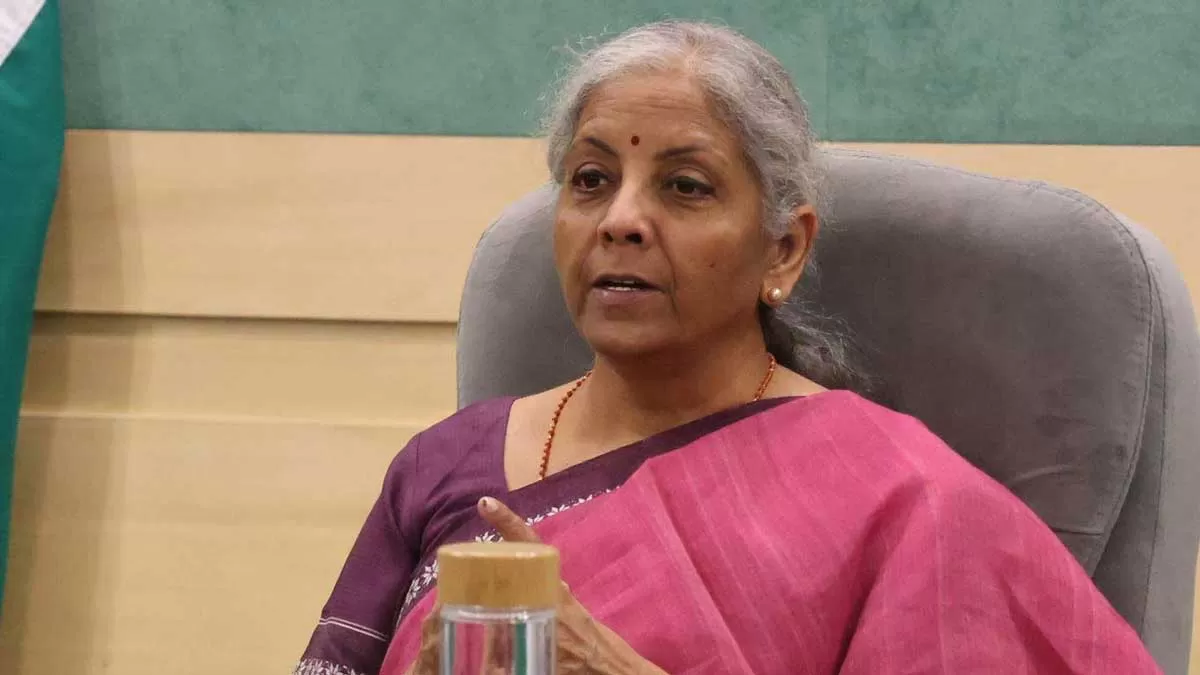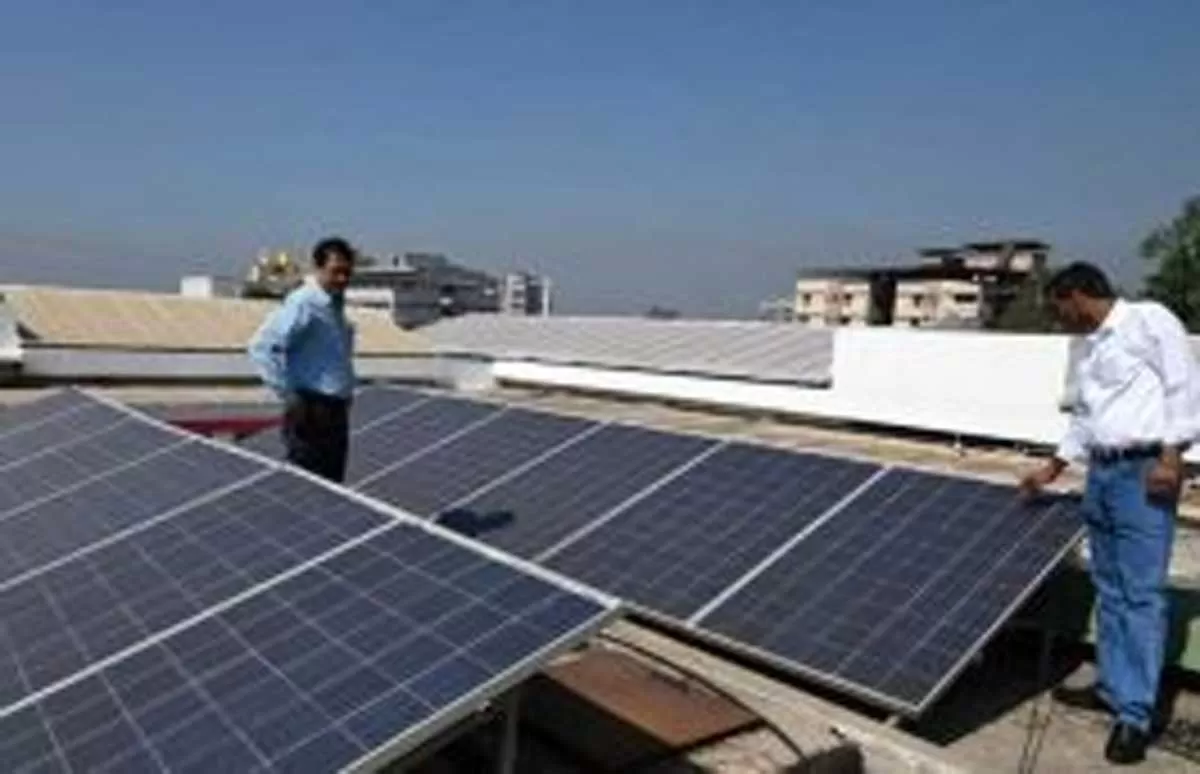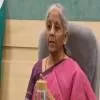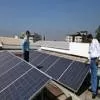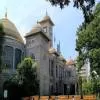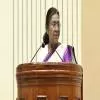Pune has now become the largest city in Maharashtra! “With almost 23 new villages included in the Pune Municipal Corporation and the fringe areas being part of Pune city as well, the city's area has risen to 518 sq.km,” says Dr Sanjay Kolte, CEO, Pune Smart City. And while he acknowledges that this will increase the strain on infrastructure, he is confident that the PMC is competent enough and has sufficient resources to tackle it, with versatility, systems and the departments he has.” Indeed, his word carries weight – Pune has been selected the best smart city and has been winning awards for the past two years. In an exclusive interview with FALGUNI PADODE, he shares more about the progress, plans and prospects of the Pune smart city mission.
Please brief on the progress you have made in the past two years.
It has been our endeavour to create a model neighbourhood, making it more liveable and sustainable. We have technology and data-driven projects being implemented in the city. The ultimate aim is to better the liveability while remaining climate-sensitive and green-friendly. Projects in mobility, transport, liveability, education, health and waste management in the city are predominantly driven by technology. In the past two years, our focus has been on the actual operational phase of various projects that were launched in the first three years of the mission. As far as infrastructural projects are concerned, our emphasis has been on the completion of all projects in the past two years and we have made good progress.
In the transport and roadways sector, we are redesigning the roads, especially in the area-based development of Aundh, Baner and Balewadi. We are tackling roads of over 40 km cumulatively – we have finished more than 80 per cent of the length of these roads and hope to complete the work in the next six months. We engage an urban designer for these projects besides regular project management consultants, who are also attached with the implementation team.
Have you taken part in the Streets4People Challenge initiated by the smart cities mission?
Yes, we have participated in the challenge along with the Road department of Pune Municipal Corporation. Our emphasis has been on making roads and streets people-friendly, bringing in initiatives like a pedestrian policy and amenities for the neighbourhood and childcare givers. Street furniture is a focus. We are also encouraging non-motorized transport. We have created a cycle tracks for more than 20 km under the smart city mission. Further, we had deployed more than 4,500 bicycles and implemented public bicycle sharing in over 300 locations across the city in a pilot project.
How successful was this?
The pilot has been quite successful. However, as it was purely implemented on the PPP model with no assistance or funding by Pune Smart City or Pune Municipal Corporation, the vendor did not find it financially viable. They have requested us for a slight change in the model so that some support is given. With greater awareness and sensitisation of people, I think the project can be implemented in the city soon. This is a service for which citizens can pay through their mobiles. The project is still going on in about 70 places in the city, especially in the corporate hubs, IT hubs and Hinjewadi. We need mass-upscaling of this project. Looking at the geographical extent of Pune city, it would be ambitious for a person staying in one end of the city to commute to the other end on a cycle. But this project will be successful for smaller communities and compact areas like IT parks and corporate hubs.
You mentioned street furniture. What kind of furniture are you sourcing?
By street furniture, we mean the addition of modern bus stops, bollards, streetlights. At some places, we are creating pockets for kids to play; in some areas, we have created a place for citizens' engagement on the streets and working plazas. Platforms have been created for conducting yoga sessions / exercises. Further, over 3,000 plantations have been planned along the roads or medians of roads.
What kinds of technologies and systems are you looking to adopt and acquire for your smart city projects?
In transport, I would like to mention our ATMS [adaptive traffic management system]. It is an ambitious project of Pune Smart City where we intend to modernise the signal system and establish network connectivity for all junctions. The master plan includes 360 junctions in the city. In Phase 1, ATMS will cater to 125 junctions; in the second phase, we will cater to another 135-140 junctions. This project will see the extensive use of signal controllers, vehicle detectors and cameras with synchronisation for signals on a real-time basis based on the number of vehicles on the road. We have awarded this work to Vindhya Telelinks Ltd, a Delhi-based company.
What about LED lights?
An LED lighting project was implemented by Mr Kunal Kumar [former municipal commissioner, Pune, and currently Joint Secretary and Mission Director of the Smart Cities Mission, Ministry of Housing and Urban Affairs.] It started in 2018 itself and over 90,000 HPSV and HPMV lights have been replaced by smart LED lights. These lights have a smart dimming ability, and this has been centralized / integrated with integrated command-and-control centre (ICCC) of PSCDCL. Significant energy saving to the extent of 58 per cent has been achieved in the past three years and the carbon footprint has also been reduced by 6 per cent. The LED lighting project is on PPP mode, without an additional financial burden on citizens – the concessionaire is Tata Projects and the project is planned for 12 years.
Are there any other city-level schemes you are looking at for implementation?
I would definitely mention our e-bus projects! This is a major initiative from the sustainability point of view as EVs [electric vehicles] are a focus for both the Centre and the state. The Maharashtra government has come out with its EV policy too. From 2019, around 150 e-buses have been procured, with Pune Smart City supporting PMPL [Pune Mahanagar Parivahan Mahamandal] by funding Rs 45 crore in the form of a subsidy. These buses are running successfully and we have received positive testimonials.
Looking at the success of this, PMPL is going to procure another 500 buses for Pune Smart City within two to three months. The first lot of 150 buses were procured from Olectra Greentech Limited, Hyderabad. Through the tendering process, we need to fix the agencies for the next 500. This e-bus project has been helpful in reducing CO2 emissions – we have chosen routes with higher CO2 emissions and found significant reduction in TCO2 %. Being an exclusive service, we are very happy about our e-buses.
What was Pune's experience of the pandemic? How were you able to cope and what are your current preparations?
The Pune Municipal Corporation and Pune Smart City faced the challenge together right from the first wave in an efficient and successful manner. Pune Smart City started the ICCC, with a centralised dashboard and the COVID-control war room. All the stakeholders joined hands; the staff was stationed 24×7 in the ICCC monitoring all the data. This centralised COVID control room was integrated by the 15 ward-wise rooms of the ward officers. And the ICCC War Room was instrumental in regulating the containment zones, tracking patients, tracing contacts and monitoring various health facilities at hospitals. Later, it was helpful in tracking the vaccination process. Hit-mapping technologies were used for analysis. So, our smart city operations proved to be a boon during the pandemic. In fact, our smart city operations centre, ICCC were launched in January 2019 itself. So, it was one of the first of its kind in the Smart City Mission.
Is the city well-geared should the pandemic regain momentum?
Yes, definitely. From the healthcare point of view, our infrastructure is quite competent to tackle any pandemic situation in the times to come. Our vaccination stats are also quite encouraging. I don't have the exact figures now, but there is no major problem or issue. This first and second rounds of vaccination have been completed. We have also started vaccination for teenagers from 15 to 18. The booster dose has begun for senior citizens.
You have a Rs 3,300 crore plus project to revamp the city's water supply system. Can you tell us more about this?
Providing water 24×7 is a major project Pune Municipal Corporation has been working on. And Pune Smart City is also contributing in a small way. Under our Smart City Mission, we have allocated around Rs 165 crore for the water 24×7 project. Our aim is to create water reservoirs, increase storage and strengthen the distribution system within the city by way of modern smart pipelines. Smart water metering is another aspect that will be handled in this project. As per the plan, it should be completed by the end of this year.
Does it also address the problem of pilferage of water?
Yes. The metering and wastage of water will also be controlled and the use of water objectively and objective charging by way of metering will be possible.
What is happening with the slum rehabilitation and affordable housing projects you have on paper?
The project has been taken by the Slum Rehabilitation Authority after the expected amendments in the slum regulations, we are hopeful that the project will be initiated in near future.
What's the split between the Centre, state and the corporation? What is the source of the funds?
It is the standard model of funding of the Smart City Mission. Just like other cities, we will receive a total of Rs 1,000 crore from the three sources: 50 per cent from the Centre, Rs 250 crore from the state and Rs 250 crore from Pune Municipal Corporation. So far, we have received Rs 752 crore from all three sources. We have spent almost 95 per cent of these funds. There is no difficulty in receiving funds.
What about the city's heritage – preserving it and promoting it for tourism?
Pune Municipal Corporation is way ahead in taking care of heritage sites. It has had comprehensive plans for many years and been doing work on major monuments. Because of that, it has not been included in our in the smart city plan. We have kept windows open for heritage and art but have not done anything under this.
What is your interaction with urban planners? And how do you see their role in helping smart cities shape their own vision?
Urban planners are part of our Smart City Mission work; they have been associated with our major infrastructure projects. In every infrastructure project, we take the help of an architect and planner. Urban design is also added to major road projects. The urban planners in Pune city are very helpful in the sense that they keep advising us through various forums. There are many NGOs also working at the Pune city level in different sectors, like Parisar and the Centre for Environment and Education. Most of these NGOS have their own planners. Their advice and feedback are always helpful for us in aspects like non-motorised transport, climate initiatives, and others.
Please name some urban planners or architects Pune Smart City has been working with.
There’s VKU headed by Vishwas Kulkarni. He is a planner and helped us design the Transit Hub project which is envisaged in PPP mode. Neilsoft is another company whose planners are helping us with our road projects. Creations Engineers and SGS Consultants are also associated with our road projects and Primov is assisting us with planning.
Since the whole Smart City Mission started, have you undertaken any survey or got feedback from residents?
Yes, we continuously get feedback from the citizens in our area-based development sector. There is an association, Aundh Baner, Balerwadi, & Pashan Vikas Manch. We keep on interacting on this platform, which also has activists, volunteers and members of some NGOs. They give us day-to-day feedback on the work going on, what needs to be done for ensuring the security of places and ensuring minimum nuisance for citizens. They keep on suggesting measures to us and we try to incorporate whatever is possible to mitigate the problems of citizens.
Do you have a smart city app?
We don't have any app but we have a strong presence in our social media handles through which we post all our important instructions and messages or whatever information needs to be disseminated. For information about competitions and challenges related to the smart city initiative, we use our social media handles and website. Pune Municipal Corporation has various apps for day-to-day services of citizens. Pune Smart City has developed two apps related to health – Arogya Dheer, a telemedicine app, and E-psy clinic, another telemedicine app for mental health, were developed during the pandemic. Doctors would interact with and advise patients in home isolation. These two apps were continued under the HMIS [health management information system] project.
In the education sector, we are developing an app called Soci-Emotional Learning Outcomes (SELO). School students from VI to VIII, teachers and parents will be targeted for this. Certain questionnaires will be provided to all the three stakeholders to gauge their level of learning. This is beneficial in a hybrid system, both online and offline. After getting the score of the students, they will be connected to a particular teacher. We will also release guidelines for students and for teachers to improve their teaching. The kind of emotional learning required can be gauged from SELO and parents will also benefit from this.
We have also developed a safety app, called ‘Safety Pin’. Using real-time daytime and night-time pictures of the city from various locations via the ICCC, the app has developed a safety index for citizens in various places. This gives you the safest route available for your desired destination, making it very helpful for women and children.
The parameters for safety would largely be lighting, right?
Yes, lighting and policing. Besides citizens, even the police have found this app useful for making improvements in administration and security.
Any other significant apps?
We have developed an interface for street vendors and buyers, called ‘Mera Thela’. These days, online shopping is being encouraged to a great extent. So, this app registers street vendors who sell vegetables, fruits and other things who can advertise their products and provide offers; on the other side, registered citizens can order online from them and request delivery at their location. This has encouraged all the vendors in Pune.
What are the awards you are aiming for this year? And what's your largest focus area?
This year, our focus will be on mobility. Transport will be our main focus because our ATMS will be in the implementation phase. We will be setting up our modern signal synchronisation system. Being an IT and education hub, mobility is very important from the citizen's point of view. The ATMS will be the first of its kind in the country. It will address all types and numbers of vehicles, including two-wheelers. Apart from this, we are also focusing on energy-saving.
